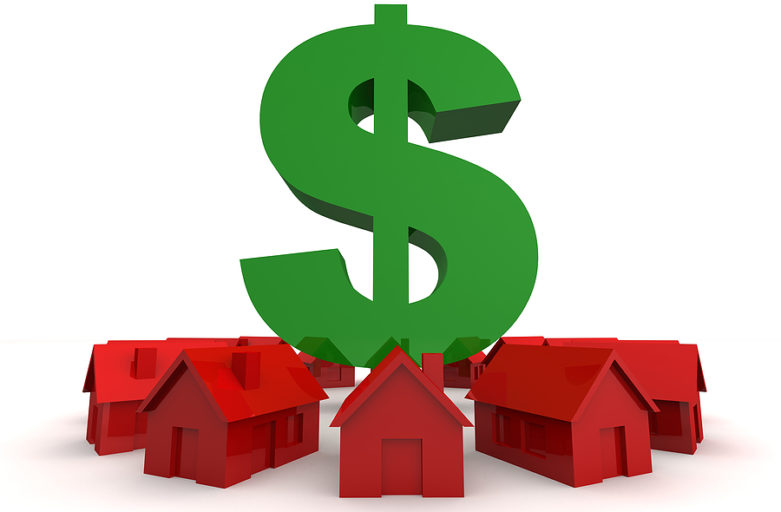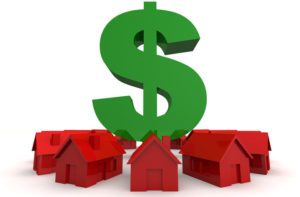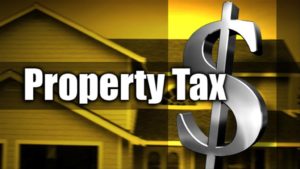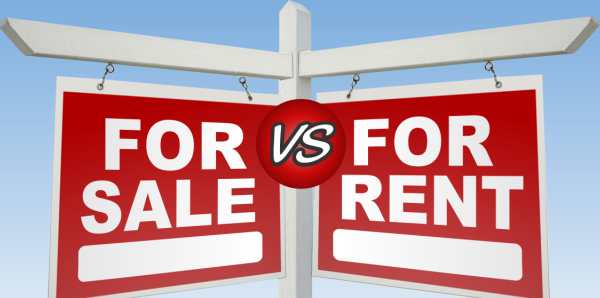New Rules for Mortgage Interest Deductions in 2018



In December, Donald Trump signed the much-debated (and highly controversial) Tax Cuts and Jobs Act. This bill, drafted by Republicans in the House and Senate, will affect many Americans up and down the income scale. It will also have an impact on homeowners with mortgage loans, particularly those in high-priced markets with expensive homes.
There’s also a lot of confusion surrounding this new legislation, mainly because there have been multiple versions of it.
Here’s a summary of the bill’s key provisions:
- Home equity loans no longer tax deductible.
- The mortgage interest deduction cap is being lowered to $750,000.
- State and local property, sales and income tax deductions have been capped at $10,000.
- The so-called “standard deduction” for taxpayers has been roughly doubled.
Goodbye, Equity Loan Deductions
The tax bill also eliminates a common way for homeowners to use home equity loans to score tax-deductible financing. Interest paid on home equity loans that aren’t considered home acquisition debt will no longer be tax deductible under the GOP tax plan. Currently, homeowners can deduct interest on up to $100,000 of such indebtedness.
In the past, Americans have used their home equity to get low, tax-deductible interest rates on large purchases, even if they weren’t housing related. For example, one might use a home equity line of credit (HELOC) to purchase a luxury recreational vehicle at a cost of $100,000. Small business owners use HELOC’s to help start and run their businesses. Thus, the homeowner scores a lower interest rate (HELOCs are one of the least expensive ways to borrow money) and get the ability to deduct the interest from their taxes. The GOP tax plan closes this “loophole” for using home equity as a cheap source of consumer financing.
According to a December 22 Marketplace article by Jana Kasperkevic: “In the past, homeowners who took out home equity loans were able to deduct the loan’s interest up to $100,000 from their taxes. Under the new tax bill, this deduction is a thing of past. The change takes effect in 2018, meaning this is the last year that homeowners can write off the interest paid.”
Unlike the mortgage interest deduction changes this one will not be grandfathered. For homeowners with equity loans, 2017 was the last year they could write off the interest.
Mortgage Interest Deductions Capped at $750,000

The newly enacted tax-code legislation hits homeowners by lowering the mount of mortgage interest they are allowed to deduct from their taxes. These changes could impact many homeowners across the country, particularly those who purchase homes in the more expensive housing markets.
In less expensive areas, where the typical home price falls below $750,000, buyers purchasing a house in 2018 will be largely unaffected by this change. That’s because the new limit or cap will still be higher than their mortgage amount. So they’ll be able to deduct the interest paid on the full mortgage balance — generally speaking.
There’s also some good news for people with existing loans that were taken out prior to this change. Those folks will be unaffected by the lower deduction limit. The old limits will be “grandfathered” for those homeowners. The reduction will only apply to newly purchased homes, from January 2018 on.
State and local property, sales and income tax deductions
In addition to the mortgage deduction changes mentioned above, the new law chips away at some other tax benefits. It limits the amount of property taxes, and state and local income tax, that a person can deduct. There wasn’t really a hard limit before. But going forward, such deductions will be limited to $10,000. You can deduct just $10,000 in state, local and property taxes.
The Standard Deduction
For single filers, the bill increases it to $12,000 from $6,350 currently; for married couples filing jointly it increases to $24,000 from $12,700.
The net effect: The percentage of filers who choose to itemize would drop sharply, since the only reason to do so is if your deductions exceed your standard deduction.
Eliminates personal exemptions: Today you’re allowed to claim a $4,050 personal exemption for yourself, your spouse and each of your dependents. Doing so lowers your taxable income and thus your tax burden.
Jack LeVine has been trusted by well over a thousand clients in the last 27 years. He gets the job done – gets it done right. No other agent in Las Vegas has the depth of knowledge and experience that Jack has of the vintage neighborhoods, the mindset of buyers for 50 or 60 year old homes, and the special things that dramatically affect the value of a vintage home.
If you want to sell your Vintage Las Vegas era home – Call or email Jack LeVine of Very Vintage Vegas Realty – 702-378-7055 [email protected]




